Sudan
Sudan is planing to end all subsidies on food and fuel by 2019 as it forecasts to earn $4 billion per year in remittances following the the lifting of U.S. sanctions, the Minister of State for Finance Magdi Hassan Yasin has said.
The US announced plans to lift a 20-year-old trade embargo, unfreeze assets and remove financial sanctions during the final days of Barack Obama’s presidency, in response to Khartoum’s cooperation in fighting Islamic State and other groups.
Sudan’s economy has struggled since South Sudan seceded in 2011, taking with it three-quarters of the country’s oil output and much of Khartoum’s foreign currency and government revenue.
The country cut fuel and electricity subsidies in November and announced import restrictions to save scarce foreign currency. Yasin said the government targets scrapping these subsidies entirely by 2019.
The minister said the government was considering legislation allowing foreign companies to invest in electricity infrastructure and production for the first time. Huge swathes of rural Sudan have never been connected to the national grid.
Khartoum has already said it will review its monetary and exchange rate policies once the U.S. sanctions are lifted to lure new foreign investment.
The potential for increased trade and investment flows is already reflecting in the real economy, with the Sudanese pound strengthening to 16 per dollar from 19 before the sanctions announcement.
The minister said a stronger pound would tame inflation, which hit an annual rate of 30.47 percent in December.





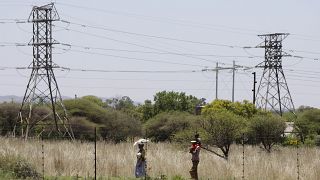
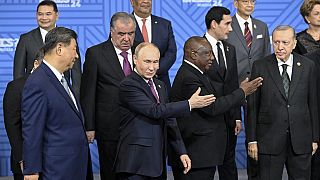


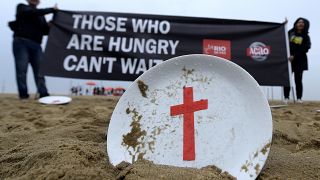
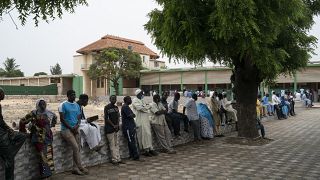
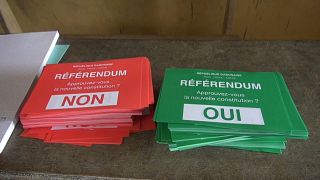
01:02
Sudan rolls out malaria vaccines to bolster efforts to protect children
11:07
Botswana's new government races to diversify its economy {Business Africa}
11:07
Benin: Tapping the potential of luxury tourism [Business Africa]
02:17
Nearly 500 million children live in conflict zones, face violations - Report
01:43
UNICEF calls for urgent action on Sudan’s “forgotten crisis”
01:08
Africa reports 134 new polio cases on World Polio Day